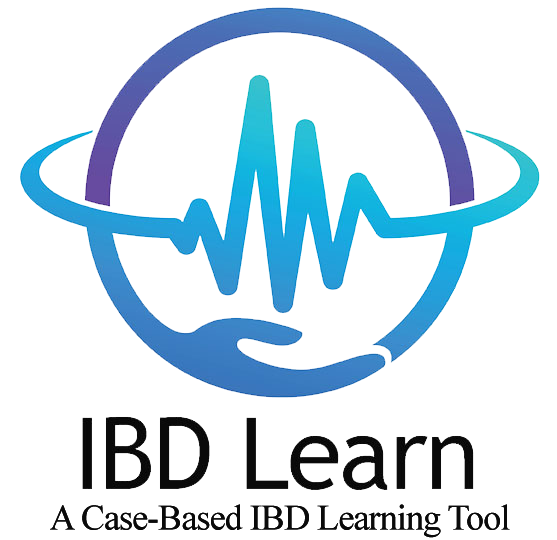Case 12.3
You discuss with the patient that despite negative EGD/colonoscopy, he appears to have fibrostenotic stricturing Crohn’s disease and will require some combination of biologic and/or surgical therapy to adequately treat his strictures. Capsule endoscopy would introduce a significant risk of capsule retention and should not be performed. A double balloon enteroscopy can be done to confirm tissue diagnosis in this patient with HIV and a differential diagnosis that includes lymphoma. Alternatively, given the proximal dilation of the small bowel in the terminal ileum, that stricture likely has significant fibrosis and is unlikely to be adequately treated with biologic therapy alone. It can be removed surgically and provide an opportunity for histologic confirmation. The other areas of enhancement are suggestive of active inflammation which would be more amenable to medical therapy.
He is very hesitant to start therapy or pursue surgery, though does note some increasing symptoms of abdominal pain and food sensitivities. He is most concerned about his HIV status and wonders if biologic therapy is safe.
